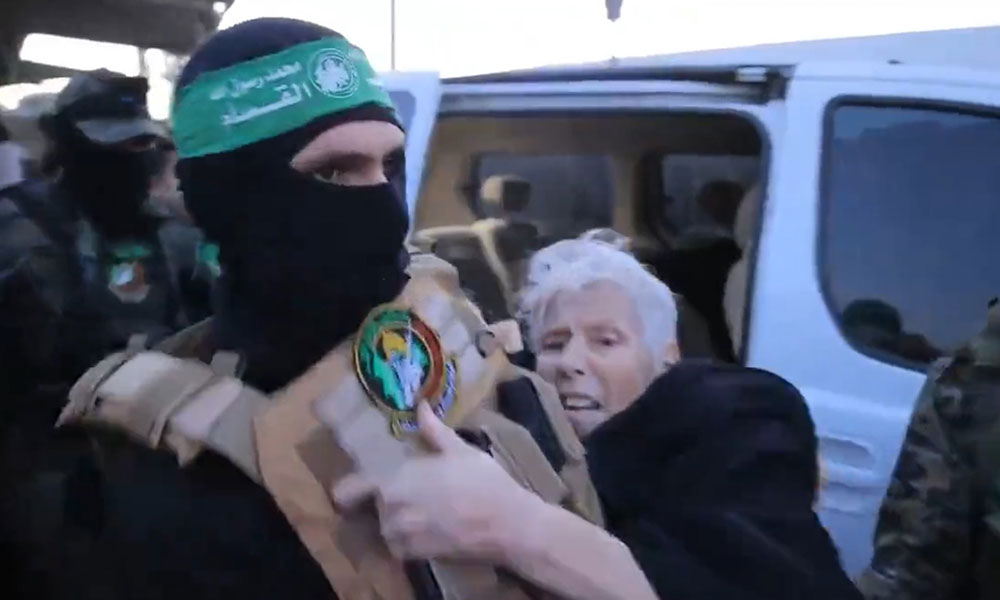At the hearing of South Africa’s application for provisional measures before the International Court of Justice (ICJ) recently, the Israeli legal team raised its theory of self-defence in rebutting South Africa’s arguments that Israel had committed the crime of genocide.
If such a defence is accepted by the world court, the allegation by South Africa that Israel has committed genocidal crimes under the Prevention and Punishment of the Crime of Genocide (“Genocide Convention”) would not be legally sustainable.
This article, therefore, seeks to discuss Israel’s claim of self-defence under international law. As far as international law is concerned, a state’s right to self-defence in any armed conflict is duly enshrined in Article 51 of the UN Charter.
We may safely say that the right to self-defence in Article 51 of the UN Charter is essentially an exception to the prohibition of the use of force duly prescribed under Article 2 (4) of the same Charter.
In relying on Article 51 of the UN Charter, Israel certainly has no problem in establishing one of the important ingredients of that provision, ie, the existence of an armed attack. It is not disputed that there was an armed attack against Israel on Oct 7, 2023.
According to the typology of armed conflicts in International Humanitarian law (IHL) there are basically two types of armed conflicts. namely international armed conflicts (IAC) and non-international armed conflicts (NIAC).
In simple terms, the IAC entails an armed conflict between two or more sovereign states whereas the NIAC deals with any armed conflict involving non-state actors. The question is how do we characterise the present war between Israel-Hamas? Does such an armed conflict fall under the IAC or NIAC?
Two arguments
Apparently, there are two opinions on this issue. One view seems to suggest that such a war falls under the rubric of IAC. The Supreme Court of Israel clearly holds this view.
But the problem with this proposition is that Hamas is neither a state nor are its attacks likely attributable to a state.
As Hamas is definitely a non-state actor as far as IHL is concerned, some scholars are of the view that the current ongoing war between Israel and Hamas could only be categorised as an NIAC.

Assuming the second view is legally correct, can Israel, therefore, be salvaged under self-defence in Article 51 of the UN Charter, thus justifying its counterattacks against Hamas?
To begin with, it is well accepted that the right of self-defence is limited to states. In an article published in the American Journal of International Law on this very subject, Josep L Kunz argues: “But the ‘armed attack’ must not only be directed against a state, it must also be made by a state or with the approval of a state.”
Kunz’s argument is duly fortified by the ICJ in the case of Nicaragua v United States when it ruled that armed attacks shall consist of state regular forces’ attacks outside its borders or attacks by irregular forces executing on behalf of that state.
Hence, for self-defence to bite, Israel badly needs to prove either Hamas is part of state regular forces of the Palestinian Authority or that when Hamas launched its armed attack or aggression against Israel, it executed such an armed attack on behalf of the Palestinian Authority.
Proportionality
It is also pertinent to state here that in 2003 the ICJ also ruled that an occupying power like Israel cannot claim the right to self-defence. The decision was delivered by the ICJ when it gave its advisory opinion in a case involving Israel’s construction of a separation wall in the occupied West Bank (“The Wall case”).
Anyway, for the sake of argument, let us assume Israel is entitled to rely on Article 51 of the UN Charter. Does it mean Israel can exercise such a defence without any restraint whatsoever?
It is a trite law that any exercise of self-defence would be subject to some recognised qualifications or restraints. The world court has decided in a few cases that self-defence ought to be exercised proportionately.
When South Africa categorically states in its pleading that Israel has allegedly killed over 21,110 named Palestinians, including over 7,729 children - with over 7,780 others missing, presumed dead under the rubble - and has injured over 55,243 other Palestinians, Israel, in my view, might face an uphill task to convince the ICJ that it has exercised its self-defence proportionately.
In the case of Nuclear Weapons Advisory Opinion Armed Activities Judgement the ICJ also held that self-defence is also subject to a condition of necessity (see para 41 of the judgment). - Mkini
MOHAMED HANIPA MAIDIN is former Sepang MP and former deputy minister in the prime minister’s department.
The views expressed here are those of the author/contributor and do not necessarily represent the views of MMKtT.



No comments:
Post a Comment
Note: Only a member of this blog may post a comment.